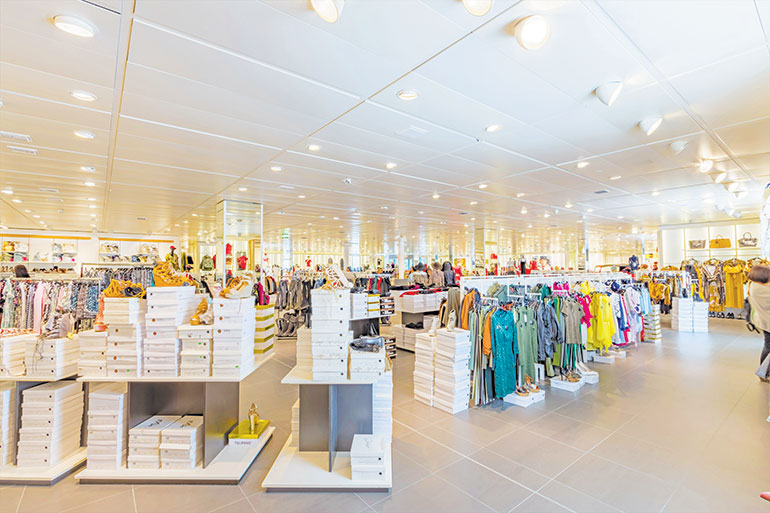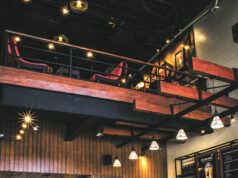The Philippines as a rising star in Southeast Asia retail

The Philippines is turning heads on the global stage. With the country set to achieve upper-middle income status this year, more foreign investors are checking the potential opportunities the Philippines provides. More brands are coming in, and they are bringing even more fuel to power the country’s economic engine.
According to global professional services firm Colliers in its 2025 Philippine Property Market Outlook Report, foreign retailers were finding the country more attractive for investments.
“The Philippine economy is primarily consumption-driven, and this entices foreign retailers to invest in the country,” Colliers said. “Foreign players are now more aggressive in taking up physical mall space.”
In April last year, Japanese furniture and home accessories giant Nitori launched its first store in the Philippines at Mitsukoshi in Bonifacio Global City, with a pledge to have as many as 65 Philippine stores by 2035.
Nitori is the largest furniture and home furnishing chain in Japan, with 810 stores in its home country and 173 stores in other regions around the world. In 2023, there were 340 million customers who visited the Nitori stores, making it one of the biggest home-furnishing brands in Asia.
Meanwhile, Australian home and lifestyle retailer Kmart chose the Philippines as the location for its first foray into Southeast Asia. Rebranding itself as Anko, the store opened its doors at Glorietta 2 in Makati last November. Anko offers a variety of similar products to its Australian counterpart, including homewares, storage solutions, bedding, children’s toys, beauty products, fitness gear, and pet essentials.
Outside of malls, DALI Everyday Grocery, a Swiss international retail chain, entered the market in 2022, and has since rapidly expanded to over 630 stores in Luzon as of last year. It aims to reach 950.
DALI claims to be building the first neighborhood “Hard Discounter,” aiming to become the price leader of the Philippines, selling food & non-food products for daily use at the lowest possible price possible.
Colliers Research Director Joey Bondoc further explained to the press that food and beverage (F&B) retailers were also “taking advantage of Filipinos’ affinity for food and our economy being led by personal consumption,” adding that he expects to see foreign F&B brands take up less than a third (31%) of the total space to be occupied by F&B retailers in Metro Manila in the next 12 months.
The most recent notable entry in the Philippine market is Indonesian coffee chain Kopi Kenangan, which has furthered its international expansion strategy with the first of 10 planned stores in the country.
Partnering with Filipino franchise group Fredley Group of Companies — which manages brands like Macao Imperial Tea, Nabe, and New York Fries and Dip — Kopi Kenangan launched as Kenangan Coffee at Manila’s SM Mall of Asia in November.
Founded in 2017, Kopi Kenangan is one of the largest branded coffee chains in Indonesia with over 900 outlets across 60 cities. The Jakarta-based coffee chain now has a presence across four Southeast Asia markets after debuting in Malaysia in October 2022 and Singapore in September 2023. It currently operates 71 in Malaysia and seven in Singapore.
Colliers’ Mr. Bondoc expects vacancy rate in the retail property space to slightly shrink to 15% this year as a result of the increased attention that the Philippines is garnering from abroad. “It is obvious that foreign retailers are taking advantage of our young and millennial workforce that propel spending across the country,” he said.
He noted that this is amid an initiative by many property developers that redesigned their existing retail spaces to introduce new concepts and become “more experiential [and] less transactional.”
This will allow retail developers to take advantage of the high demand for “more immersive experiences” inside malls, expanding their food halls, upgrading cinemas, and putting up pop-up stores to gauge market sentiment.
“This segment is making a comeback after being disrupted heavily by the pandemic due to physical distancing,” he said. — Bjorn Biel M. Beltran



